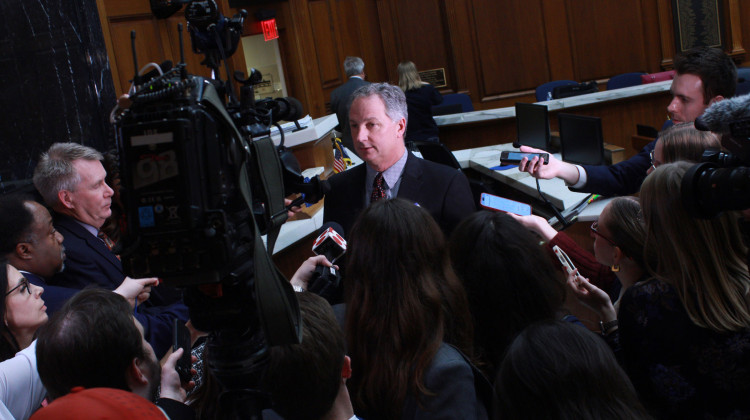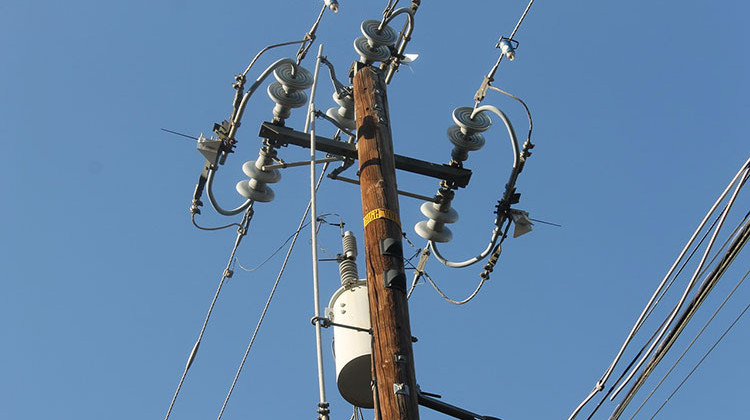The Environmental Protection Agency is facing a lawsuit for not setting limits for certain hazardous air pollutants at steel mills — like mercury and the cancer-causing chemical benzene.
About 90 percent of the steel mill emissions in the U.S. come from three facilities in northwest Indiana.
The LaPorte County branch of the NAACP, the Hoosier Environmental Council, the Clean Air Council, and the Sierra Club are all petitioners in the suit.
La'Tonya Troutman is the environmental climate justice chair for the LaPorte County branch of the NAACP. She wonders how many people in northwest Indiana are affected by pollution from steel mills.
“A lot of people have unaccounted for cancer or asthma where they can't pinpoint exactly where it came from," she said.
People who live in areas with a lot of air pollution are also more likely to have the underlying heart and lung conditions that put them at a greater risk from COVID-19.
Earthjustice attorney Jim Pew represents the groups in the lawsuit. He said technology to remove these pollutants at steel mills — like mercury and the cancer-causing chemical benzene — have been around for decades.
“They could do a lot to fix this problem. It's not that they aren't available. The problem is, is that the Environmental Protection Agency won't require them to be installed," Pew said.
The EPA declined to comment, but has previously said it’s not required to develop new emissions standards for unregulated steel mill pollutants.
Contact reporter Rebecca at rthiele@iu.edu or follow her on Twitter at @beckythiele.
Indiana Environmental reporting is supported by the Environmental Resilience Institute, an Indiana University Grand Challenge project developing Indiana-specific projections and informed responses to problems of environmental change.
 DONATE
DONATE









 Support WFYI. We can't do it without you.
Support WFYI. We can't do it without you.